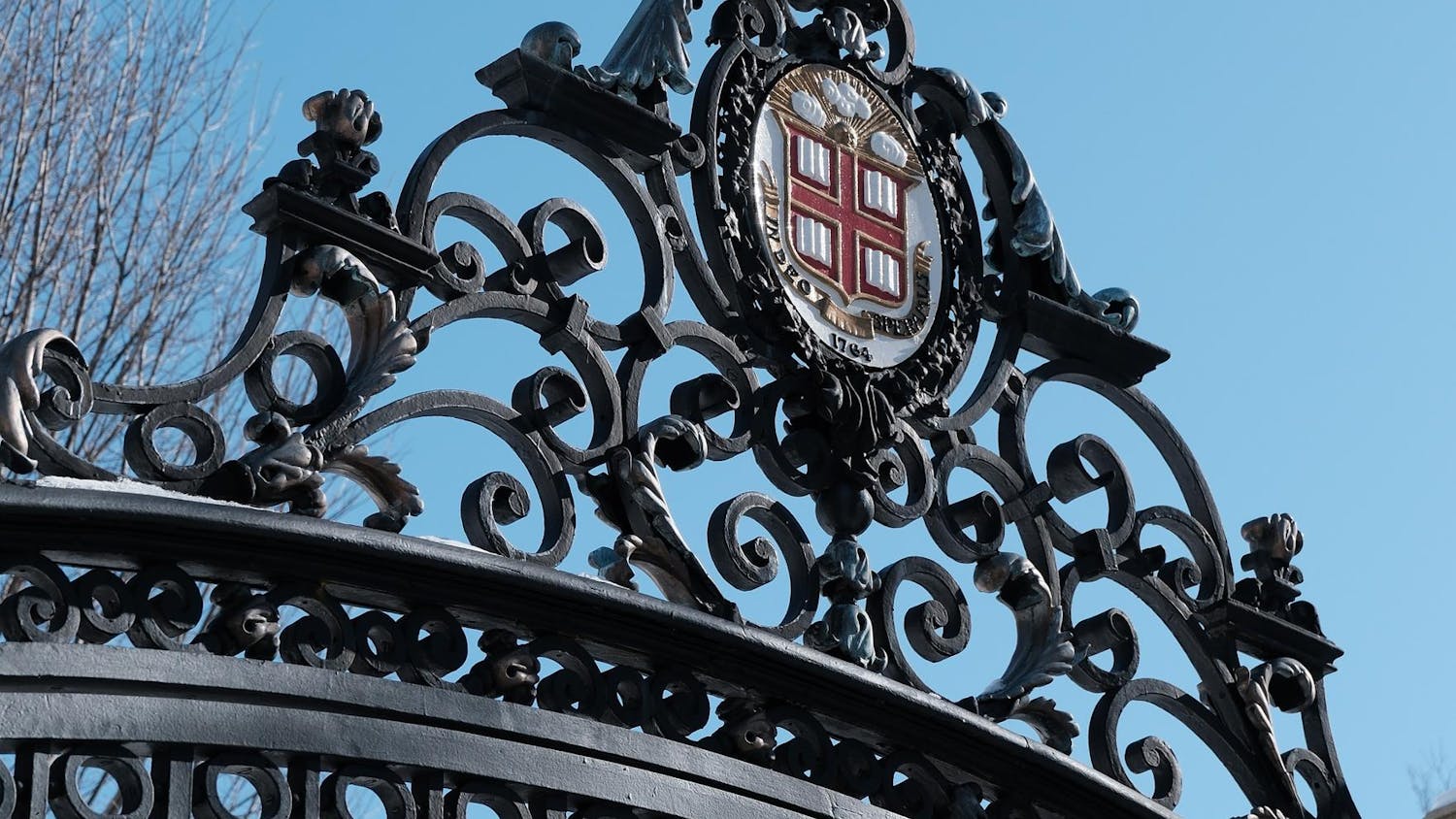A recent New York Times article highlighted one of the ways that states, burdened with massive budget shortfalls, are filling their coffers. In Florida, Georgia, Michigan and elsewhere, state judicial systems are cracking down on people who owe fees and fines to the courts.
Criminal convictions carry penalties beyond the sentence. In addition to any fines assessed to individuals as a result of their crime, going to trial can also involve fees to help cover the cost of services like public defenders or courthouse security.
Failure to pay court fees and fines can result in jail time, often for several days and sometimes for over a week.
The practice of incarcerating people for failing to pay off their court debt is wrong on several fronts. Its legality is questionable: it sometimes causes states to lose money, and in many cases it punishes people who legitimately cannot pay what they owe, unnecessarily derailing their lives.
Under current law, states cannot imprison someone for owing money. State authorities claim, however, that when they incarcerate people over court debt they are punishing the violation of a court order, not the debt itself. Technically a person who hasn't paid off his court debt is violating a court order. But this argument is a weak justification for jailing people over debt.
Admittedly, the fees that these states have been aggressively collecting will help them support their court systems. But imprisoning people for failing to pay their fees cuts into the state's earnings because of the costs of incarceration. The cost of incarcerating someone for even a few days can negate any monetary gains from collected fees.
Imprisonment for overdue fees is a particularly unfair punishment given that those who are apprehended have already served out their sentence. It's a little ironic that states are jailing people who have already "paid their debt to society."
The policy is especially unfair because many people imprisoned over court debt don't have the means to pay what they owe. When states incarcerate people for court debt they are essentially punishing them for their poverty.
These problems and others led Rhode Island to reevaluate court debt incarcerations. A 2007 report by the Rhode Island Family Life Center found that 15 percent of the time, debt-related incarcerations cost the state more than it would have received from the individual.
The study also found that many of the incarcerated needed income assistance and many were unemployed, homeless or disabled. They simply could not cover their debts and were locked up as a result.
A 2008 law reformed Rhode Island's procedures for handling court debt and related incarcerations. States that collect fees more aggressively should first consider the reasons for the law and the changes it made. If states want to keep revenue from court fees and fines flowing in, they should adopt a more flexible approach instead of cracking down on debtors and throwing them in jail.
Courts should reduce outstanding balances for those who can't afford to pay off all of their debt in order to avoid unnecessary imprisonment and increase the likelihood of payment.
In Rhode Island, courts are now required to consider an individual's ability to pay when assessing fees. Other states should follow suit.
Additionally, states should make it as easy as possible to pay off their court debt. More flexible payment plans would help, as would a greater number of locations where people can pay.
States should carefully evaluate how court debt incarcerations affect their citizens before stepping up enforcement efforts. The economic crisis might put states already hampered by budget problems in an even deeper hole, but it will definitely make it harder for the those struggling financially to meet their debt obligations.
The incarceration of people who can't afford to pay off their court debt taints the judicial system. States should learn from Rhode Island and end this unfair practice.
Dan Davidson '11 is a political science concentrator from Atlanta, Georgia. He can be reached at Daniel_Davidson(at)brown.edu.




